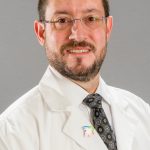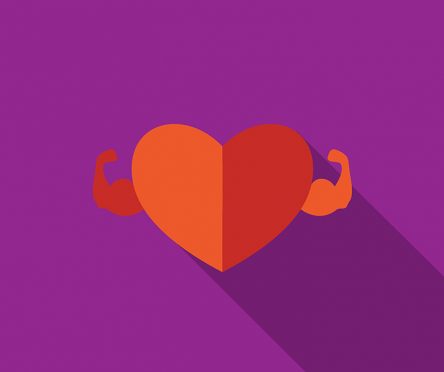Lauren Anastos had an unusual introduction to college life: Two days after arriving on the Connecticut College campus in New London to begin her freshman year, her roommate tested positive for COVID-19. Three days after that, Lauren also tested positive.
The soccer player from Hull, Mass., was moved immediately into on-campus isolation housing, where she lived for 10 days as she rode out her illness. She primarily suffered from extreme exhaustion, headaches, sore throat and severe body aches. A nurse checked in by phone twice a day and provided items like cough drops and honey for her sore throat as needed. The college provided meals, and if she felt well enough, Lauren attended her classes online. On Sept. 11, she was allowed to move back into her dorm.
But she was not allowed to return to soccer practice or work out until she was cleared by a Hartford HealthCare medical team, which included a cardiologist. Protocols set up by the NCAA governing college athletes who become sick with COVID include careful cardiac testing to ensure their hearts have not been damaged by the disease. COVID can cause myocarditis, an inflammation of the heart muscle. Myocarditis symptoms include severe shortness of breath on exertion, chest pain and cardiac arrhythmias.
Connecticut College’s new partnership with Hartford HealthCare as part of the Campus Cares program meant that Lauren — and all student-athletes diagnosed with COVID — had access to practitioners during her recovery. For her cardiac exam, she worked with cardiologists from the HHC Heart & Vascular Institute based at the Mystic HealthCenter. Lauren had an EKG and then an ultrasound of her heart to ensure she was ready to go back to practice.
She was cleared to return to the team at the end of September, but even then it was a slow, gradual come back. (Conn College fall teams did not compete because New England Small College Athletic Conference cancelled fall sports because of COVID. But teams continued to practice.)
“Slowly was the right thing,” Lauren said. “When I first got back, I didn’t realize how much it took out of me. After my first workout, I needed a nap right away. But I am back to 100 percent now.”

The college athletic department worked with Dr. Michael Fucci to develop the return-to-play screening plan, said Mo White, director of athletics at Conn College.
“Without this partnership, we would have been trying to get students in to see cardiologists we had no prior relationships with,” White said. “With the partnership, we had such timely responses to every request. Between the expertise of the Hartford HealthCare cardiologists and their sports medicine team, there has been tremendous teamwork. I can’t imagine going through this without them.”
Fucci, chief of cardiology at Backus and Windham hospitals, has office hours at the new Mystic specialty care building off Coogan Boulevard. Dr. Paige Brennan and Dr. Sumeet Pawar have been assisting him with the Conn College COVID screenings.
“Fortunately, young people tend to do better with COVID and have fewer cardiac issues compared to older patients,” he said. “But we want to be very careful, because with student-athletes, you would have an increased risk of collapsing, or even sudden death, if myocarditis went undetected.”
Conn College Director of Sports Medicine John Heck said the new partnership with Hartford HealthCare has gone far beyond caring for COVID-positive student athletes. He said the sports medicine team and the general health services are communicating better than they have in the past, because they are both under the HHC Campus Cares umbrella.
Additionally, he said having access to HHC’s network of trainers, nutritionists and registered dieticians has been a huge benefit, as injuries that require specialists are treated immediately, and athletes who demonstrate issues with diet such as eating disorders are put into treatment right away.
Christina Martinelli is manager of athletic training services for HHC’s Rehabilitation Network. She’s the one holding the umbrella over sports medicine and general health services at Conn College.
“Based on their needs and their expectations, I’m the one who provides the connections and taps them into the networks they need,” Martinelli said. “I’m the gatekeeper, but I also empower them to collaborate. With COVID, athletes’ health isn’t separate from everyone else. Now they have to rely on each other to make it work. It’s my job to bring the information to all sides.”


